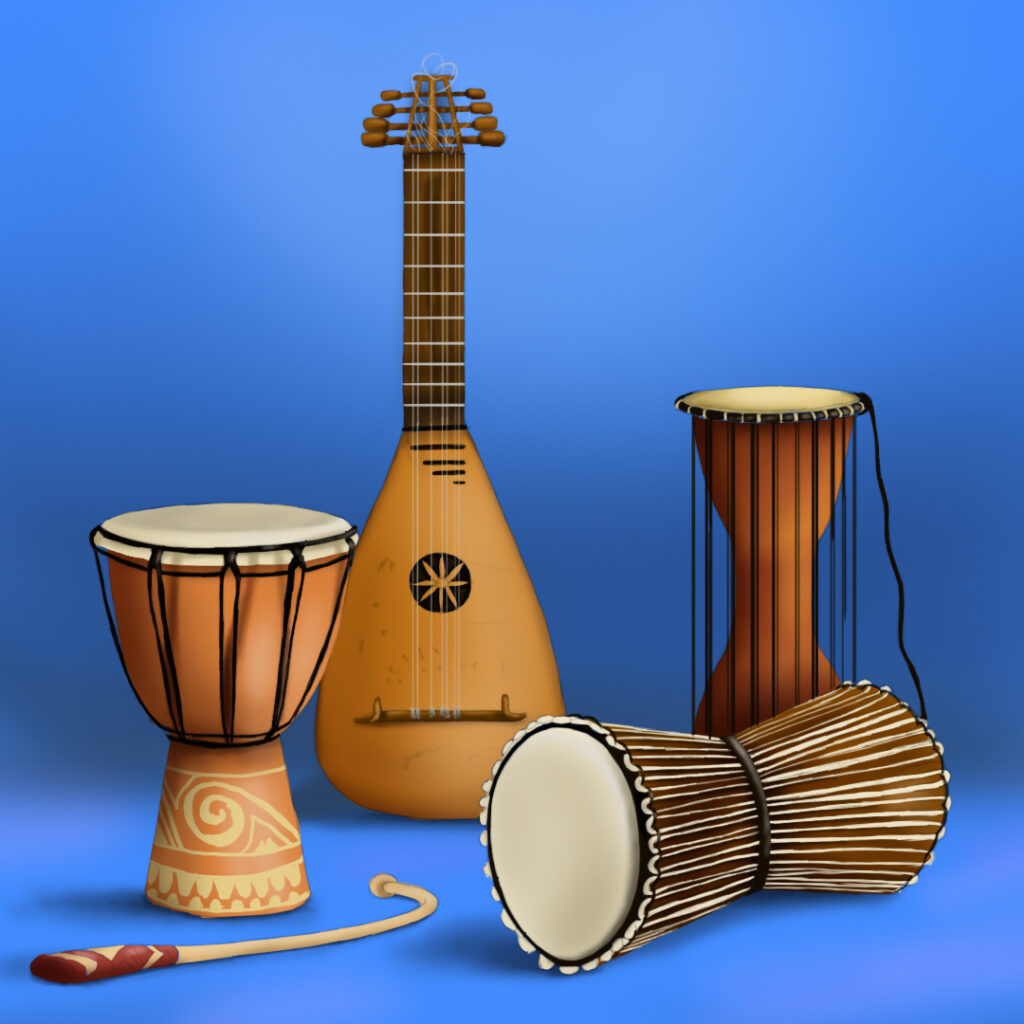“Water, E no get enemy!” this was the popular phrase that marked the beginning of Afrobeats. Imagine we had beats made from traditional instruments like the talking drum “dundun” or a bongo included in the song.
Fela Anikulapo Kuti was the father of Afrobeat, a Nigerian musician who was passionate about music amongst other things. It has now taken the global stage, having millions of people listening, dancing to the popular genre. This will give our traditional instruments, the stage they need, hence the need for reviving.
Afrobeats is marked by a fusion of different elements of British music, African genres like highlife, hiplife etc. These are from different regions placed under the umbrella of West African Pop music and they were influenced by Afrobeat.
Apart from entertainment and relaxation purposes, Afrobeats has other roles including activism and speaking against societal ills. It has also become a unifier, promoting culture and a source of pride to the continent. Especially with Afrobeats being included and recognised in the Grammy Award Ceremony and having its own billboard category. These are some of the reasons why our culture and tradition be preserved in our music, especially our traditional instruments.

The Fading Flame: Why African traditional Instruments are now on the back burner
We have seen a rise of electronic production in the production of Afrobeats, in our times. It has become easier with artificial intelligence and mobile applications like Band lab. And this advancement has now pushed the use of traditional instruments to the back.
It is not just technological advancement that slows the use of traditional instruments, issues like difficulty in learning. The use of traditional instruments are usually passed down from family generations and it makes it difficult to learn. The ‘Ayan‘ families, who are custodians of drumming and music are usually illiterate, this makes it difficult for preservation of the techniques passed to others.
Furthermore, local musicians are usually old people who have lost their children and apprentices to modern education and urban migration. And because of this factors, our unique art of creating music is gradually been eroded. Along with the communication gap, because we have lost our languages to westernised culture in learning.
Reigniting the Rhythm: How the Afrobeat industry can champion the use of African Traditional Instruments
We have pointed out the problems that has led to the dearth in playing traditional instruments in our society. However, here are a few ways the music industry can push the use of traditional instruments:
▪︎Our contemporary musicians can collaborate with traditional instruments players, this will help boost the image of traditional instrumentalists. And an example is the ‘Ojapiano’ by popular Nigerian musician Kcee, where he incorporated the local flute in his song.
▪︎We can create awareness by online tutorials and workshops. We can use social media platforms like YouTube, Facebook and Instagram to teach people to play traditional instruments. In addition, we can have classes teaching the preservation of playing our traditional instruments
▪︎We can show our traditional instruments in our music videos and even in our movies, by displaying them, we can display our pride in our culture. Furthermore, we can add in our local languages and have our instruments presented to the world.
Cultural Keepers: The roles of activists in tending to the flame
Our cultural activists cannot be looked down on, because they use creative ways to preserve our culture. We can all be cultural activists in our own little ways like creating content and organising events to promote our traditional instruments. In addition, we can also support traditional instrument making and teaching of our local languages.
Finale: A Fusion filled Future
The breakthrough we can achieve by blending tradition with contemporary Afrobeats will be massive. I want to encourage everyone reading this post to support this movement and discover the beauty of traditional instruments. Because the results will definitely be “fire”.
